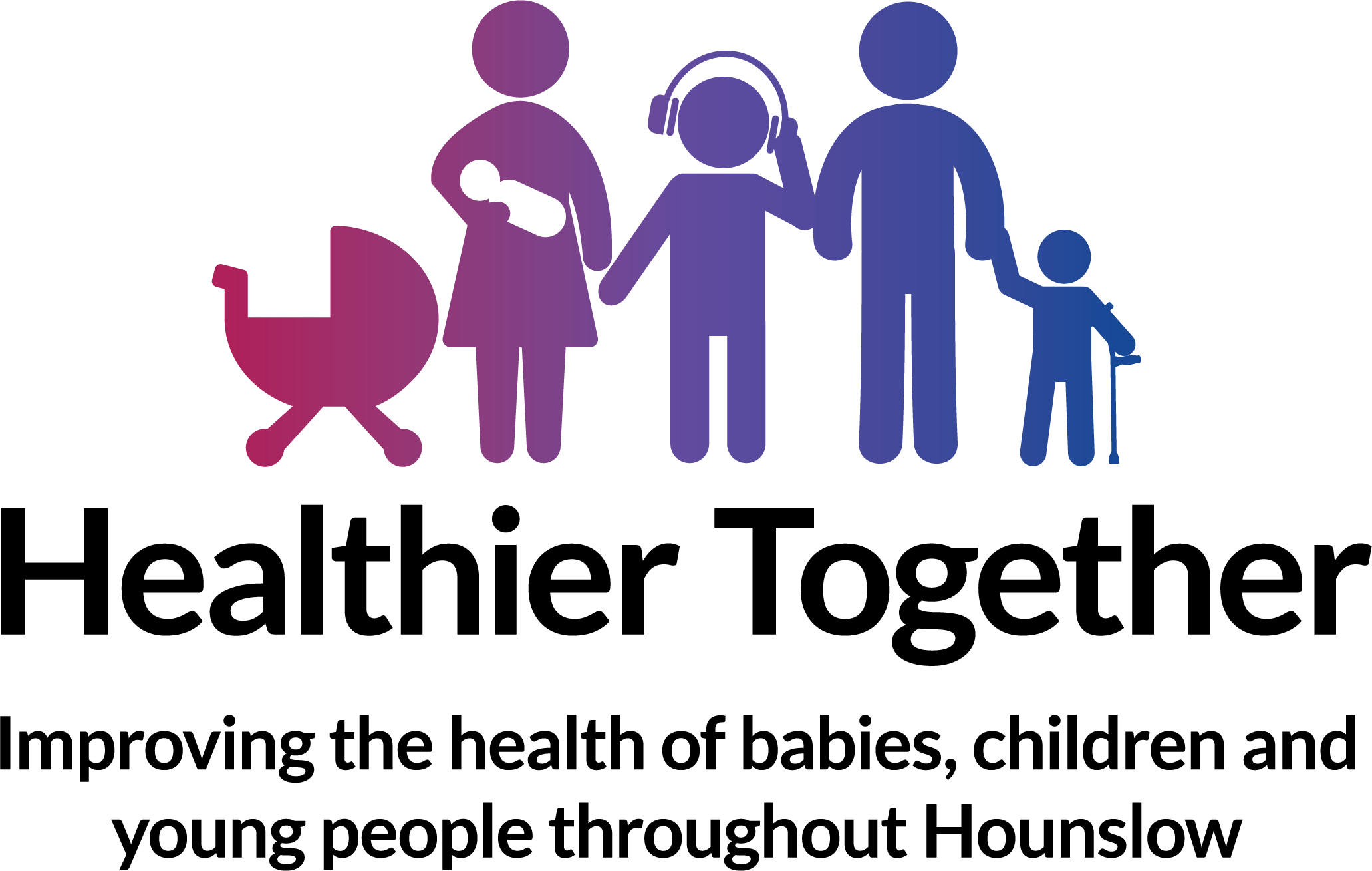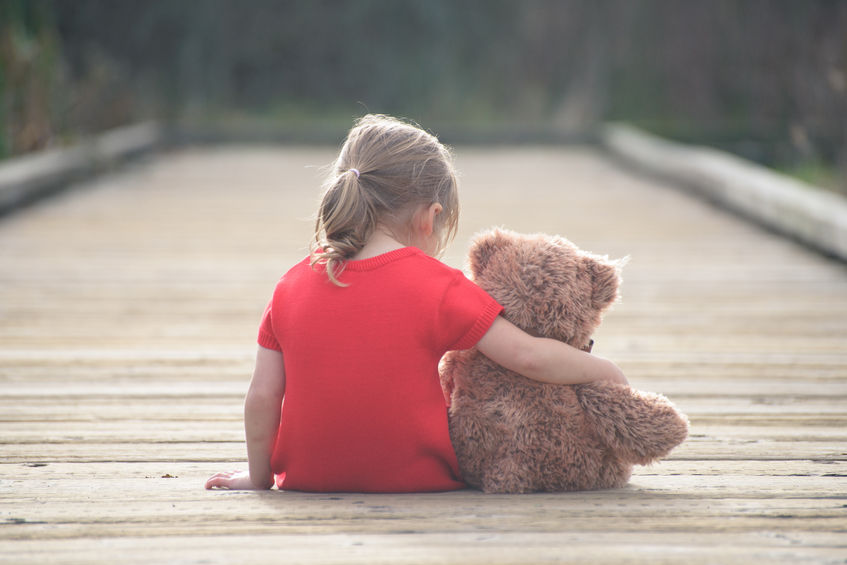Separation anxiety and fear of strangers is common in young children.
It occurs between the ages of 6 months and 3 years. It is a normal part of your child's development.
It can happen at other times in response to stress and change, such as starting nursery or school for the first time.
Separation anxiety starts when your child understands they rely on the people who care for them.
This can include parents and other family members such as grandparents, or professionals closley involved in their care.
As children become more aware of the world around them, their strong relationship with you means they don't feel worried and insecure without you. They can also become upset in new situations or with new people even if you are there.



